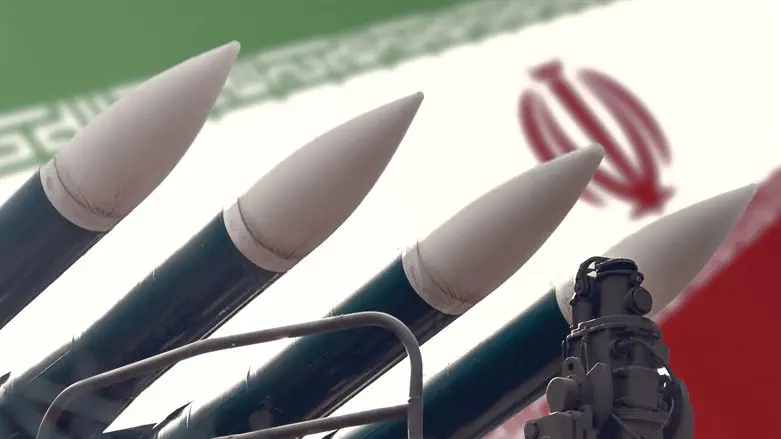
Talks between Iran and the US on the release of Tehran's frozen assets could result in a deal soon, a source with direct knowledge of the talks told Iran International.
The breakthrough is part of the negotiations regarding Iranian funds held in Iraq and South Korea. Iraq imports gas and electricity from Iran, but US sanctions forbid the transfer of what Iranian officials estimate to be at least $10 billion USD to Iran in return. South Korea faces similar concerns regarding approximately $7 billion USD to be paid for importing Iranian oil.
Ira is expected to barter flexibility in its nuclear program for the funds being held in Iraq and to release five US citizens and residents charged with espionage in exchange for the funds from South Korea. The detainees are Siamak Namazi, Emad Sharghi, and Morad Tahbaz (US citizens), and Jamshid Sharmahd and Shahab Dalili (permanent residents).
Unconfirmed information earlier this year indicated that the State Department had struck a deal to exchange the prisoners for the $7 billion held by Seoul, but he plan had not yet been approved by the White House.
Iran is reportedly considering limiting uranium enrichment to 60% to secure a partial reduction of US sanctions. The Biden administration has commented that it will take time for any long-term implications of the negotiations to become apparent, and the State Department has dismissed rumors of a partial arrangement. According to Deputy Spokesperson Vedant Patel, "President Biden has long said that he's committed to ensuring Iran never gets to a nuclear weapon, and we still believe diplomacy is the best way to achieve that goal. At the same time, we're preparing for all possible options and contingencies in coordination with our allies and partners.”
Israeli and US intelligence services estimate that Iran has already enriched enough uranium to between 2% to 60% for at least two nuclear weapons within a year. Israeli officials have commented that any enrichment above 60% could lead to Israeli military action.
The Biden administration announced last October that pursuing talks for reviving the 2015 JCPOA nuclear deal abandoned by the Trump administration was not its priority anymore. Iranian delivery of drones to Russia and its deadly crackdown on anti-government protesters in the second half of 2022 were reasons to discourage the administration that had already spent 18 months in indirect talks with Iran.

